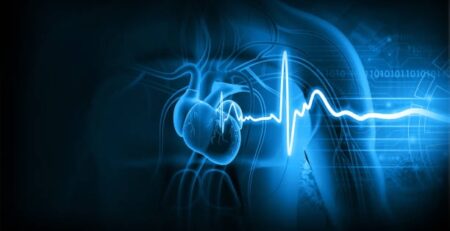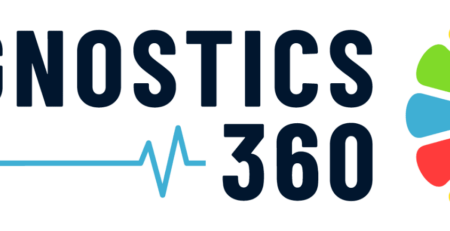Unveiling the Connection Between Food and Behavior: A Guide to Optimizing Performance
In the pursuit of peak performance, athletes often focus primarily on training regimes, recovery strategies, and physical conditioning. However, one aspect that is sometimes overlooked but equally crucial is nutrition. What we eat not only fuels our bodies but also plays a significant role in our behavior and cognitive function, directly impacting athletic performance. In this article, we’ll delve into the fascinating correlation between food and behavior, shedding light on how strategic nutritional choices can elevate athletic prowess.
Understanding the Food-Behavior Nexus:
The food we consume serves as the building blocks for neurotransmitters, the chemical messengers in our brains that regulate mood, cognition, and behavior. Certain nutrients, when consumed in optimal quantities, can enhance cognitive function, promote focus, and regulate mood stability. Conversely, deficiencies or imbalances in these nutrients can lead to cognitive impairment, mood swings, and diminished performance.
Key Nutrients for Optimal Performance:
- Protein:
Protein is essential for muscle repair and growth, making it a cornerstone of any athlete’s diet. Additionally, protein-rich foods contain amino acids, precursors to neurotransmitters like dopamine and serotonin, which influence mood and motivation. - Omega-3 Fatty Acids:
Found abundantly in fatty fish, flaxseeds, and walnuts, omega-3 fatty acids are renowned for their anti-inflammatory properties and cognitive benefits. They support brain health, improve focus, and may even mitigate symptoms of anxiety and depression. - Complex Carbohydrates:
Carbohydrates are the primary energy source for the body and brain. Opting for complex carbohydrates like whole grains, fruits, and vegetables provides a steady release of glucose, sustaining energy levels and promoting mental clarity. - Vitamins and Minerals:
Nutrients such as vitamin D, B vitamins, magnesium, and zinc play crucial roles in neurotransmitter synthesis and overall brain function. Ensuring adequate intake through a diverse diet or supplementation can support mood regulation and cognitive performance. - Hydration:
Dehydration can impair cognitive function and physical performance. Maintaining proper hydration levels is vital for sustained focus, alertness, and overall well-being.
The Impact of Dietary Patterns:
Beyond individual nutrients, dietary patterns also influence behavior and performance. Diets rich in processed foods, refined sugars, and unhealthy fats have been linked to increased inflammation, oxidative stress, and mood disturbances. Conversely, diets emphasizing whole, nutrient-dense foods promote brain health, stabilize mood, and enhance cognitive function.
Practical Applications for Athletes:
- Pre-Workout Fueling:
Consuming a balanced meal or snack containing carbohydrates and protein before exercise provides the necessary energy and nutrients for optimal performance while minimizing fatigue and enhancing focus. - Post-Workout Recovery:
Replenishing glycogen stores and facilitating muscle repair is essential for recovery. Including protein and carbohydrates in post-workout meals or snacks accelerates recovery, reduces muscle soreness, and supports mood stability. - Meal Timing and Composition:
Structuring meals to include a balance of macronutrients throughout the day helps maintain steady energy levels and promotes sustained cognitive function. Incorporating a variety of nutrient-rich foods ensures comprehensive nutritional support.
Conclusion:
The relationship between food and behavior is intricate and multifaceted, exerting a profound influence on athletic performance and overall well-being. By prioritizing nutrient-dense foods, adopting healthy dietary patterns, and paying attention to meal timing, athletes can optimize cognitive function, stabilize mood, and elevate their performance to new heights. Remember, food isn’t just fuel; it’s a powerful tool for unlocking peak potential in sports and life.
For more insights and personalized nutritional guidance tailored to your athletic pursuits, consult with a registered dietitian or sports nutritionist. Invest in your nutrition, and witness the transformative impact it can have on your athletic journey.
For more information on optimizing your athletic performance through nutrition, visit SportNutarian.com today!
References:
- Harvard T.H. Chan School of Public Health. (2022). The Nutrition Source – Carbohydrates. Retrieved from https://www.hsph.harvard.edu/nutritionsource/carbohydrates/
- National Institutes of Health. (2022). Omega-3 Fatty Acids: Fact Sheet for Health Professionals. Retrieved from https://ods.od.nih.gov/factsheets/Omega3FattyAcids-HealthProfessional/
- American Psychological Association. (2022). The Exercise Effect. Retrieved from https://www.apa.org/monitor/2011/12/exercise-effect



















